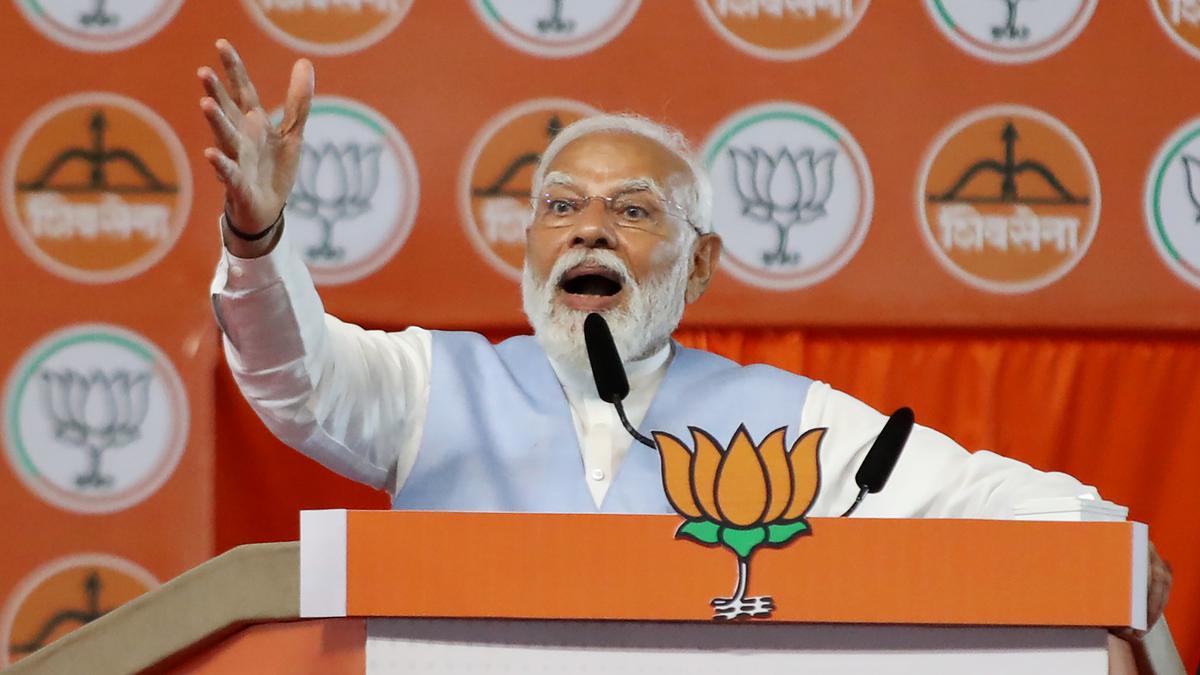Prime Minister Narendra Modi’s recent comments regarding tensions at the Line of Actual Control (LAC) have drawn significant attention from Indian foreign affairs experts and China’s Ministry of Foreign Affairs (MFA). His remarks, made in an interview with Newsweek, emphasize the urgent need to address the prolonged situation at the border between India and China.
Prime Minister’s Comments
- Content: Mr. Modi stressed the necessity for both India and China to promptly address the ongoing standoff at the LAC to normalize bilateral interactions.
- Importance: Indian experts view Modi’s comments as highly significant, potentially indicating a shift in India’s approach towards China, especially in the context of Modi’s potential re-election.
- Diplomatic Engagement: Modi’s remarks also coincide with recent developments in China’s diplomatic engagements with other global players, suggesting a broader geopolitical context.
Response from Chinese Ministry of Foreign Affairs
- Acknowledgment: China’s MFA spokesperson, Mao Ning, acknowledged Modi’s comments, emphasizing the importance of sound and stable China-India relations.
- Boundary Issue: Mao highlighted that while the boundary question is significant, it does not encompass the entirety of China-India relations.
Expert Analysis
- Pankaj Saran’s Perspective: Saran, a former Deputy National Security Advisor, considers Modi’s remarks as a crucial signal to China and the global community, potentially setting the tone for future engagements.
- Shyam Saran’s View: Former Foreign Secretary Shyam Saran suggests that Modi’s comments indicate a readiness to re-engage with China and restore relations.
- Ashok Kantha’s Insight: Former Ambassador to China, Ashok Kantha, underscores the importance of Modi’s emphasis on normalcy in bilateral relations contingent upon resolution of border issues.
Softening of Stance and Quad
- Diplomatic Shift: Modi’s comments also suggest a potential softening of stance, particularly in his remarks on the Quad, emphasizing a shared positive agenda among member countries.
China’s Response
- Positive Progress: China acknowledges close communication with India and positive progress on the border situation, urging India to approach bilateral relations strategically and with a long-term perspective.
Multiple Choice Questions (MCQs):
- What was the focus of Prime Minister Narendra Modi’s recent comments regarding China?
- A) Economic cooperation
- B) Cultural exchange
- C) Tensions at the Line of Actual Control
- D) Environmental conservation
- Answer: C) Tensions at the Line of Actual Control
- According to Indian foreign affairs experts, why are Modi’s comments considered highly significant?
- A) They indicate a shift in India’s stance towards the Quad
- B) They emphasize the importance of India’s relations with Russia
- C) They suggest a potential shift in India’s approach towards China
- D) They highlight India’s commitment to environmental sustainability
- Answer: C) They suggest a potential shift in India’s approach towards China
- How did China’s Ministry of Foreign Affairs respond to Modi’s remarks?
- A) They dismissed Modi’s comments as irrelevant
- B) They acknowledged the importance of sound and stable China-India relations
- C) They criticized Modi’s stance on the Quad
- D) They urged India to focus on cultural exchanges with China
- Answer: B) They acknowledged the importance of sound and stable China-India relations
- What does former Ambassador Ashok Kantha emphasize regarding Modi’s comments?
- A) The need for India to withdraw from diplomatic engagements with China
- B) The importance of resolving border issues for normalization of bilateral relations
- C) The significance of India’s participation in international groupings like BRICS
- D) The necessity for India to strengthen ties with Japan and Australia
- Answer: B) The importance of resolving border issues for normalization of bilateral relations
